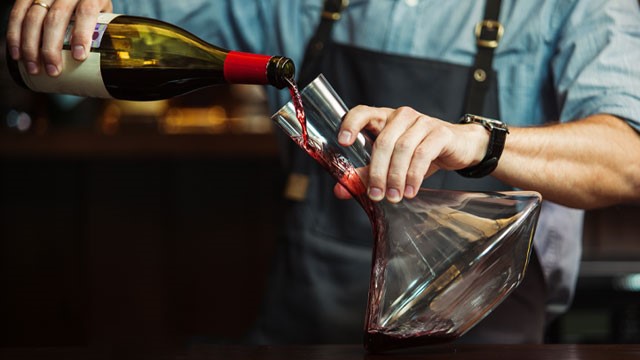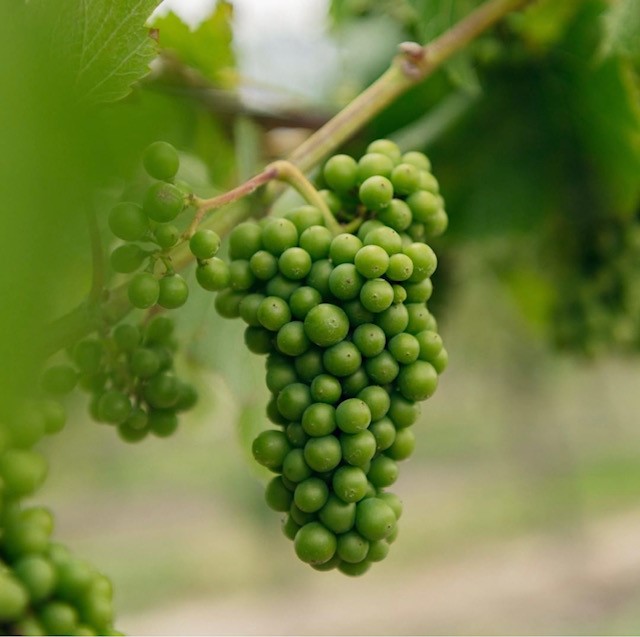To Decant or Not to Decant?
- Catherine Fielden
- The World of Slurp
- 16 Feb 2023
-
805views

We are often asked whether it is really necessary to decant wine. Or it is merely a ritual that injects a bit of showmanship into to a dinner party?
Decanting serves two main purposes: to separate sediment from bottle-aged wines and to allow a wine to “breathe” to enhance its aromas and flavours.
Separating the sediment
Bottle-aged red wines and vintage or crusted ports typically throw a heavy deposit of natural sediment. You should remove this sediment prior to serving as it can impart bitter flavours and make the wine cloudy.
In order to do this effectively, it is important that no sediment is disturbed when you transfer the wine from its bottle into the decanter. By holding the bottle in front of a light (traditionally a candle) and pouring slowly and steadily, you can see when the deposit gets close to reaching the neck. At this point, you should stop pouring so that no sediment gets into the decanter.
Fully mature red wines should be decanted just before serving because exposure to oxygen might dull their aromas or fruit flavours.
Allowing the wine to breathe
Young, full-bodied reds often benefit from aeration as the process releases more of the wines‘ aromas and mellows any over-aggressive tannins. Grape varieties, which typically require decanting for several hours, include Cabernet Sauvignon, Syrah and Nebbiolo.
However, whites and rosés rarely need to be decanted although there are a few wines, like white Burgundy, which can display enhanced aromas with a little exposure to oxygen. Also, some whites and rosés may develop strange aromas like rotten eggs, struck match or boiled cabbage when deprived of oxygen and decanting them for a short period of time – up to 30 minutes – will help to dissipate these odours.
By Catherine Fielden
Related Posts
Recent Posts


















